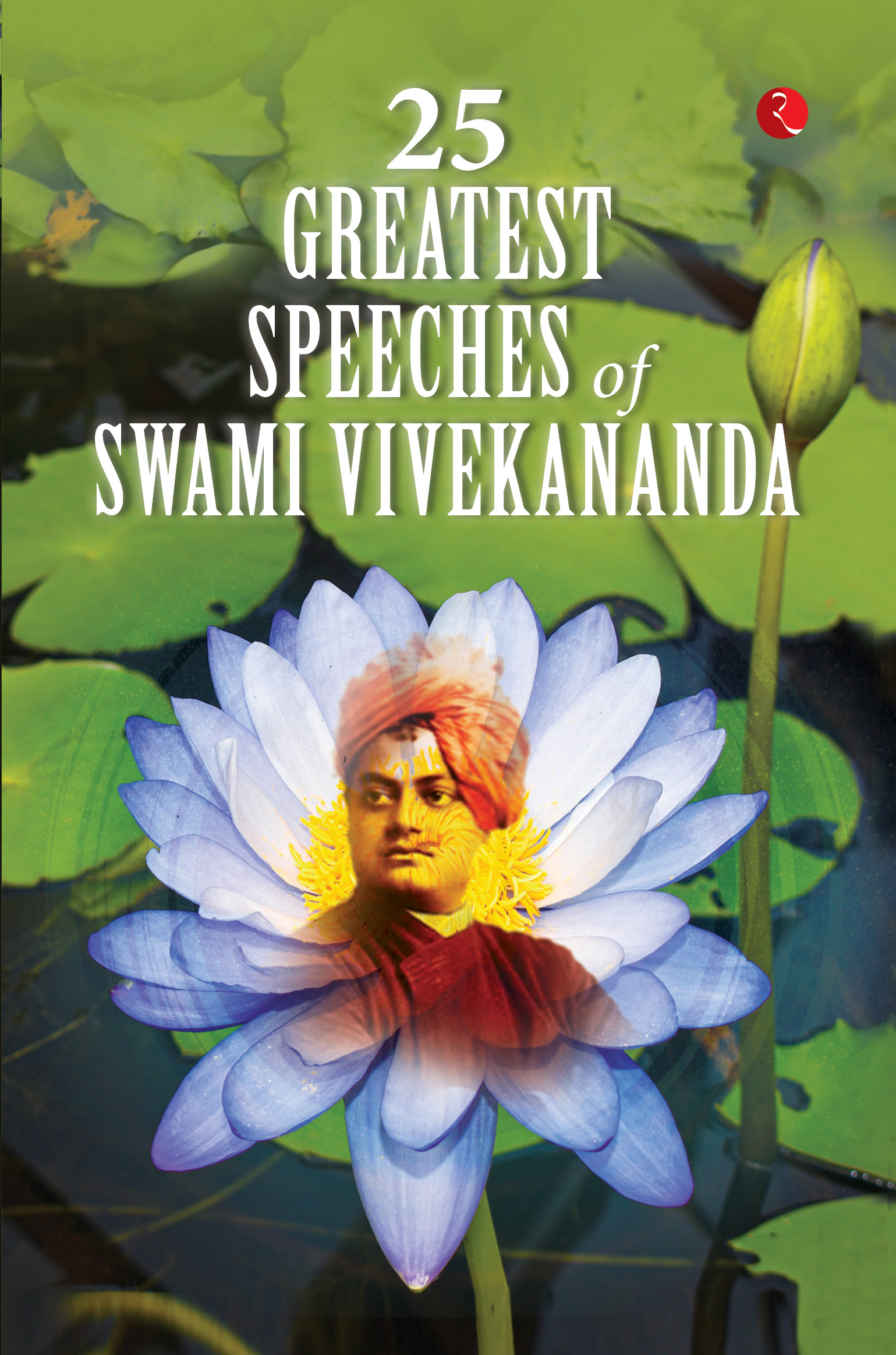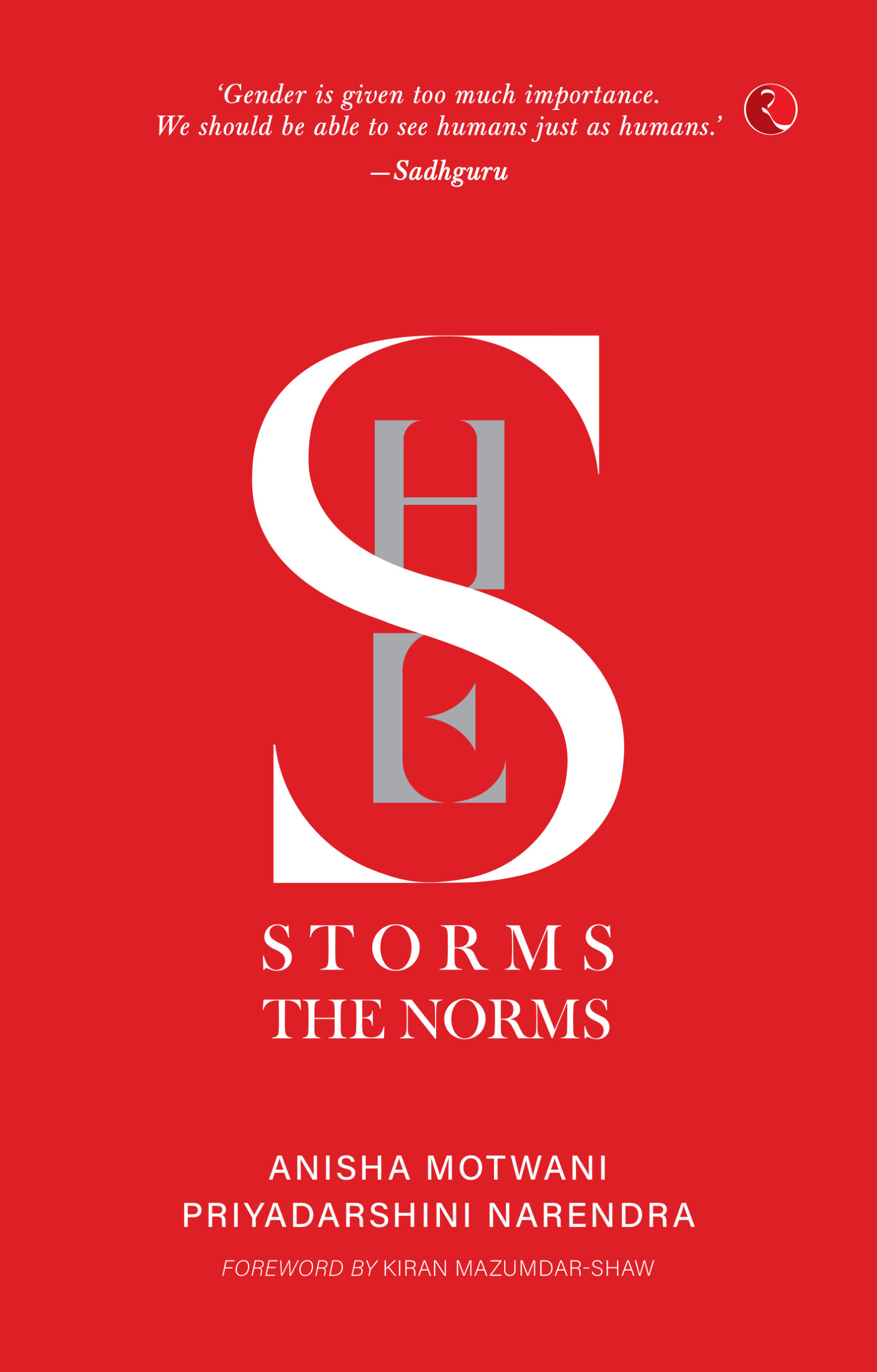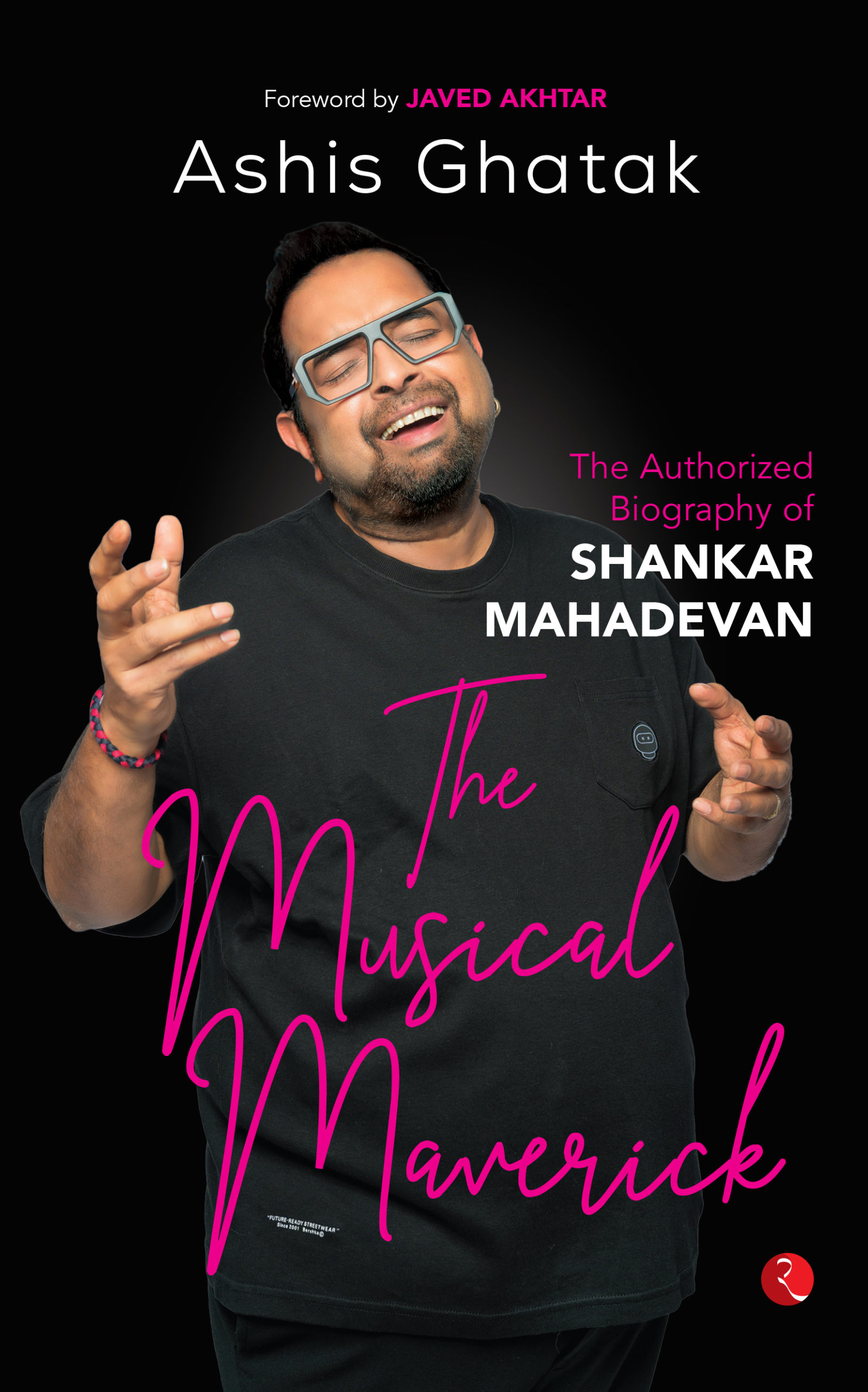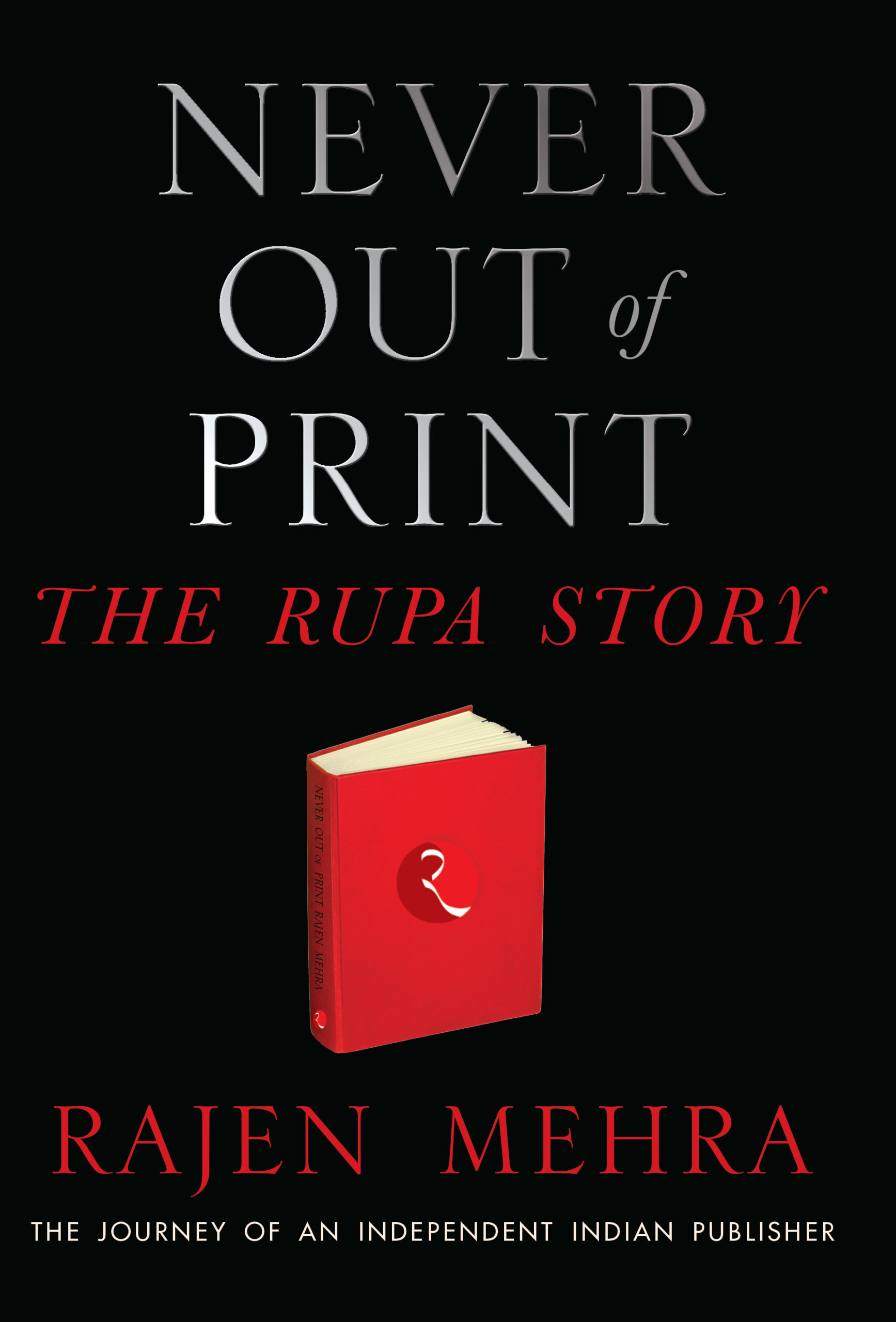
25 GREATEST SPEECHES OF SWAMI VIVEKANANDA
- Category Philosophy & Religion
- Format Paperback
- Imprint Rupa
- Price 295
- ISBN: 978-93-5520-371-7
- Pages: 320 pages
- Date: 5th April 2022
ABOUT THIS BOOK
‘Take up one idea. Make that one idea your life; dream of it; think of it; live on that idea…This is the way to success…’
Swami Vivekananda is well known for not just his spiritual wisdom and reformatory ventures, but also for his ground-breaking speech to the 1893 World’s Parliament of Religions in Chicago, in which he introduced Hinduism to America and advocated for religious tolerance as well as an end to religious extremism. Such was the effect of his iconic message, that he was given a two-minute standing ovation after his speech ended! His words are remembered by everyone in the modern world, for their wisdom, kindness, inclusivity, eloquence as well as simplicity. His words continue to teach not just India, but the entire globe, about spirituality, personal growth, acceptance and harmony. This book contains 25 of Vivekananda’s most eloquent and illuminating speeches, such as ‘Paper on Hinduism’, ‘Bhakti’, ‘Krishna’, ‘The Soul and God’, ‘The Sages of India’, ‘Practical Religion: Breathing and Meditation’ and several others, which have not only taught us the true meaning of worship and life, but have also evoked in us, a desire to explore and enhance our bodies, minds and spirits as well as our love for God and one another.





